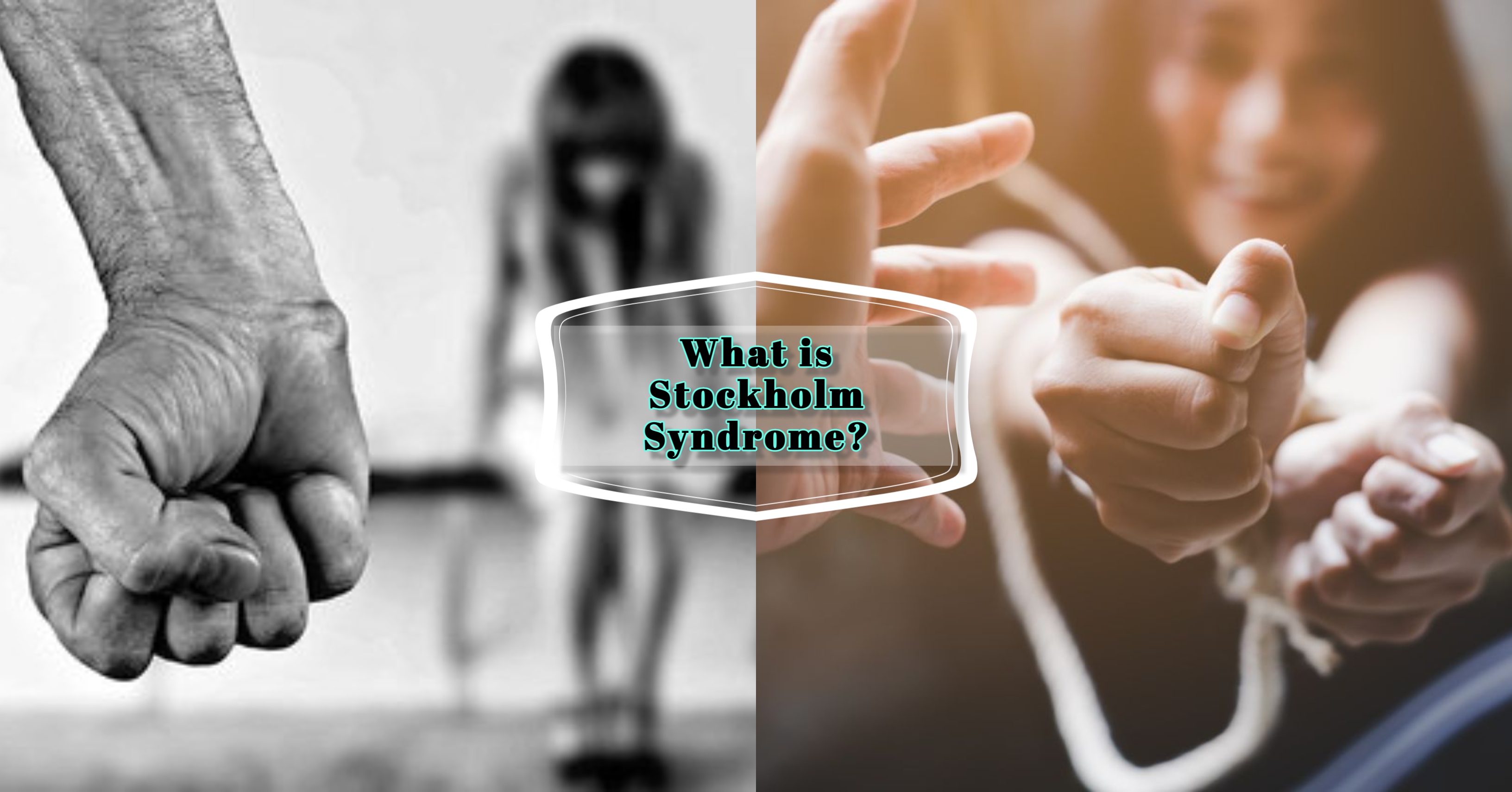Stockholm syndrome is where the hostage develops a positive emotion and bonds with the captor. This often happens in situations related to kidnapping cases. The hostages will begin to feel sympathy toward their captors after days of captivity. Well, they begin to feel the closeness.
The existence of Stockholm syndrome started in 1973 from an incident of a bank robbery in Stockholm, Sweden. The kidnappers held four hostages in the bank. The standoff between the criminal and the police continued for six days. After the authorities released the hostages, they discovered that the hostages had an unbreakable emotional bond with their captors.
The kidnapping victims reported that their captors treated them well and had no intention of harming them. They fully defend the kidnappers and do not want to testify against them in court.
Just like how One Direction’s Stockholm Syndrome sounds:
“Who’s that shadow holding me hostage?I’ve been here for daysWho’s this whisper telling me that I’m never gonna get away?I know they’ll be coming to find me soon
But I fear I’m getting used to being held by you”

The probability of Stockholm Syndrome occurrence
Nils Bejerot, a criminologist and psychiatrist, one of the investigators of the incident, named the phenomenon Stockholm syndrome. It is already synonymous with any similar incident. It is a coping mechanism to cover the victim’s excessive fear.
Based on the Federal Bureau of Investigation’s expectations, the probability of its occurrence to abduct victims is low at around 8%.
The condition is not considered one of the mental illnesses in the Diagnostic and Statistical Manual of Mental Disorders (DSM-5), even though this case is quite popular. Many researchers also agree with that.

How do you get Stockholm Syndrome?
- The hostage depends on the captor for their basic needs, especially food and water.
- The captor has not dehumanized the hostage.
- The captor shows some kindness towards the hostage or refrains from harming them.
- The hostage shared space with the captor, with the area in poor condition.
The impact on mental health
- Social withdrawal
- Denial
- Guilt
- Confusion
- A complicated tension
- Anxiety
- Hopelessness
- Depression
- Excessive dependence on someone
Source: Simply Psychology








